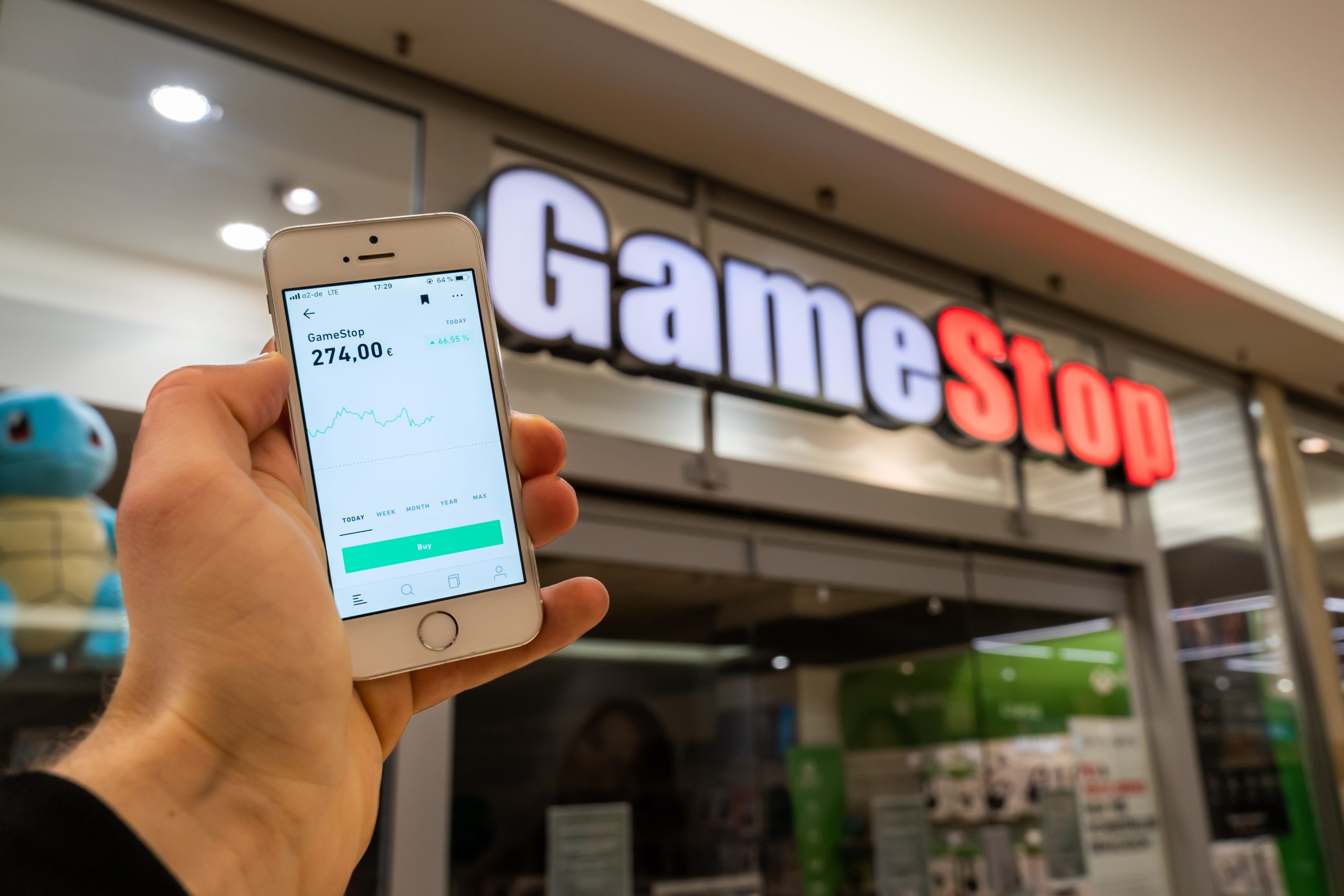Experienced Investor
What does the Gamestop controversy mean for investors?

Guest Author:
Emma Lunn‘Gamestop’, ‘Reddit’ and ‘shorting’ have all been trending for the past few days – here’s why.
The share price of US game retailer Gamestop has soared after amateur investors aimed to beat hedge fund managers at their own game.
The incident has had a knock-on effect on the whole stock market, with the Dow Jones Industrials and S&P 500 indices both losing value.
What is GameStop?
Up until last week, Gamestop was just your average bog-standard retailer. Based in the US, it sells games, consoles and other electronics on the high street.
Like many others, Gamestop was struggling due to the coronavirus pandemic and shift to online shopping.
What is shorting?
‘Shorting’ or ‘short selling’ involves counting on a stock price dropping. It’s a way for investors to bet on which companies won’t do well in the future.

Wellness and wellbeing holidays: Travel insurance is essential for your peace of mind
Out of the pandemic lockdowns, there’s a greater emphasis on wellbeing and wellness, with
Sponsored by Post Office
Investors, often big hedge funds, borrow shares in a particular company and sell them, with a promise to buy them back at a later date.
A short seller pays a small fee to borrow shares from someone else. Usually this is an institutional investor such as a pension fund. The short seller then sells the shares at the market rate.
If the company loses value as expected, investors can make a profit when they buy the shares back after the price has fallen.
Shorting is perfectly legal but it is risky as investors are relying on the company failing. Any positive news could see shares rise and cause them to make a loss – and this is what has happened with Gamestop.
What is Reddit?
Reddit is a social media website where you can visit individual forums to discuss all kinds of things from relationships and cars to investing.
Users on Reddit’s WallStreetBets forum got together to take on the hedge funds short selling Gamestop by buying up GameStop stock as quickly as possible, driving up the share price.
This process is known as a ‘short squeeze’. It’s a bit of David vs Goliath type-battle, with the hedge fund Goliath and the Reddit users David.
Some Reddit users got involved to punish hedge funds that were seeking to profit from a company’s troubles – but others simply wanted to make money themselves.
What happened next?
Gamestop’s soared by 408%, from $96.80 (£70.83) to $492.02 (£358.44), between Tuesday and Thursday last week.
Some hedge funds had borrowed and sold millions of GameStop’s shares. These funds were facing huge losses and had to buy the shares back to stop those losses rising further.
But buying the shares back created additional demand, pushing the price up even higher, and the hedge funds involved lost loads of money.
Is other stock being short squeezed?
Yes. Amateur investors are now turning their attention to other shares that have been bet against by hedge funds including BlackBerry, cinema chain AMC, and American Airlines.
Silver, the precious metal, is another target.
What does all this mean for ordinary investors?
All this could lead to stock market volatility for ordinary investors.
Hedge funds on the hook for losses on Gamestop may need to liquidate other positions where they are long to cover their cash needs, especially as they are likely to have been using leverage (borrowing or trading on margin) to try and further inflate their returns.
This could stoke a cascade of selling that begets other selling and in a worst case create a ‘flash crash.’
Russ Mould, investment director at AJ Bell, said: “No tears will be shed for hedge funds losing money – they should know and be able to manage the risks – but there are still potential knock-on effects which investors need to consider, especially in light of heavy losses in the mainstream American indices and the 60% overnight surge in the VIX index, or ‘fear’ index. That is a gauge of how much volatility traders expect in the US stock market in the next 30 trading days.
“The spike suggests that professional market participants are getting ready for a wild ride after a period of calm, especially as surges in the VIX tend to foretell of falls in the wider US stock market.”